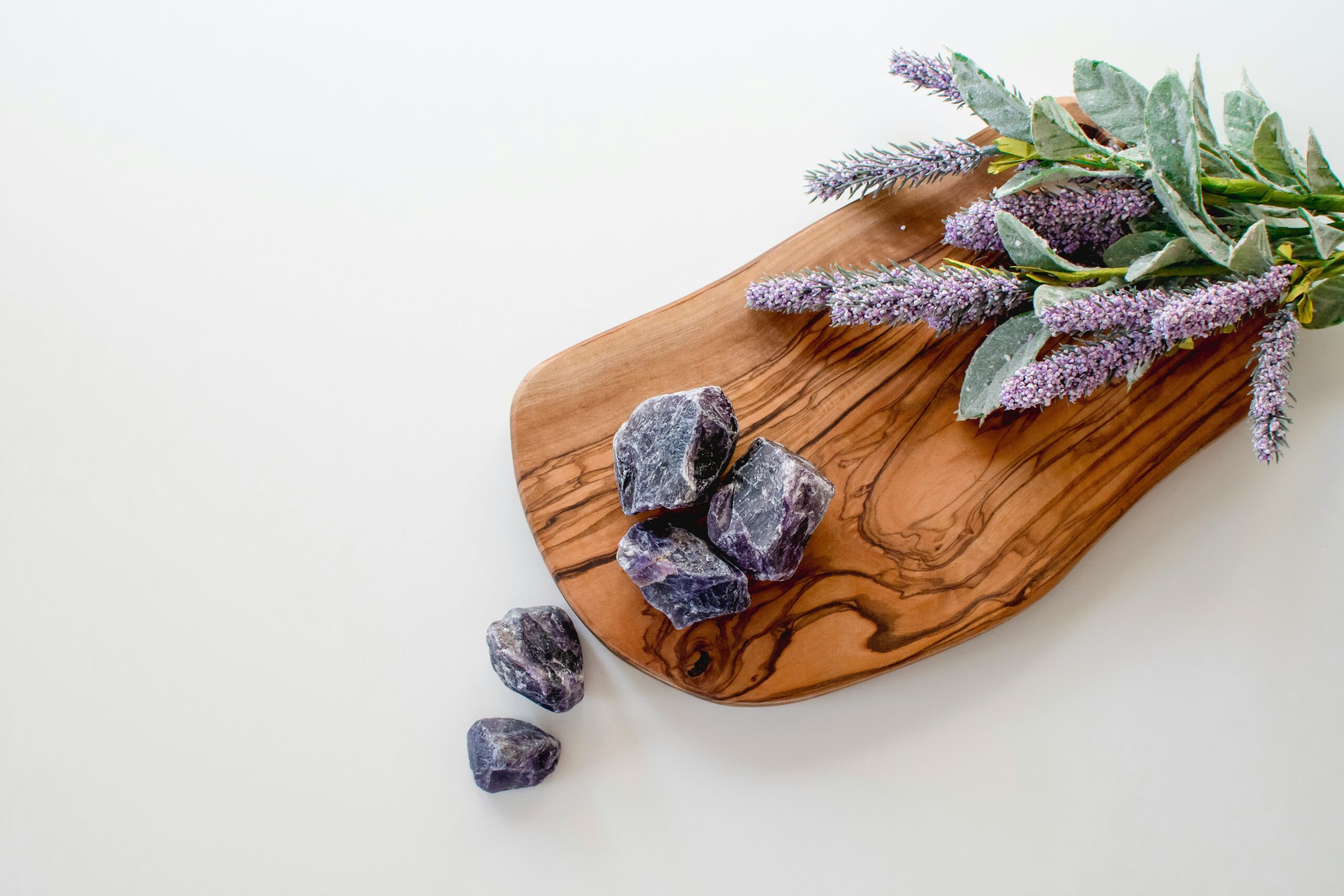Have you ever come across the term “gemstone therapy” and wondered if it’s just another pseudoscience or if there’s any scientific basis to it? Well, you’re not alone. Gemstone therapy has been gaining popularity in recent years, with proponents claiming that certain gemstones possess healing properties that can improve our physical and emotional well-being. But is there any truth to these claims? Let’s dive into the scientific evidence and separate fact from fiction.
The Power of Placebo
Before we delve into the scientific research, it’s important to understand the role of the placebo effect. The placebo effect refers to the phenomenon where a person experiences a perceived improvement in their condition simply because they believe they are receiving a treatment. In the case of gemstone therapy, the placebo effect could play a significant role in the reported benefits.
Psychologists and medical professionals have long recognized the power of the mind in influencing our health. If someone believes that wearing a particular gemstone will alleviate their anxiety or boost their energy levels, they may experience a placebo response, feeling better simply because they expect to. This doesn’t mean that the gemstone itself has any inherent healing properties, but rather that our beliefs and expectations can have a profound impact on our well-being.
The Lack of Scientific Evidence
When it comes to gemstone therapy, the scientific evidence supporting its effectiveness is sorely lacking. While there have been some studies conducted on the topic, many of them suffer from methodological flaws or small sample sizes, making it difficult to draw any definitive conclusions.
One study published in the journal Complementary Therapies in Medicine examined the effects of gemstone necklaces on pain and well-being in individuals with chronic neck pain. The researchers found no significant difference in pain levels or overall well-being between the group wearing gemstone necklaces and the control group wearing a placebo necklace.
Another study published in the Journal of Alternative and Complementary Medicine investigated the effects of gemstone elixirs on stress and anxiety. The researchers concluded that while the participants reported subjective improvements in their well-being, there was no objective evidence to support the effectiveness of gemstone elixirs.
These studies, along with others in the field, highlight the need for more rigorous research to determine the true efficacy of gemstone therapy. Without solid scientific evidence, it’s difficult to separate the genuine benefits from the placebo effect.
The Role of Personal Belief
While the scientific evidence may be lacking, it’s important to acknowledge that personal belief and subjective experiences can still hold value. Many individuals who practice gemstone therapy swear by its effectiveness, attributing improvements in their well-being to the power of the gemstones.
It’s possible that the act of wearing a gemstone or keeping it close serves as a reminder to practice self-care, mindfulness, or positive thinking. These practices, in turn, can have a positive impact on our mental and emotional well-being. So, even if the gemstone itself doesn’t possess any inherent healing properties, the act of using it as a tool for self-care may still yield positive results.
The Bottom Line
When it comes to gemstone therapy, the scientific evidence is currently insufficient to support its effectiveness. While personal belief and the placebo effect can play a role in the reported benefits, more research is needed to determine the true impact of gemstones on our well-being.
So, if you’re considering trying gemstone therapy, it’s essential to approach it with an open mind and realistic expectations. Remember that the power of belief and personal experiences can have a significant influence on how we perceive the effects of any treatment, be it conventional or alternative.
Ultimately, whether you choose to believe in the healing power of gemstones or not, the most important thing is to prioritize your overall well-being and seek evidence-based treatments when it comes to your health.

